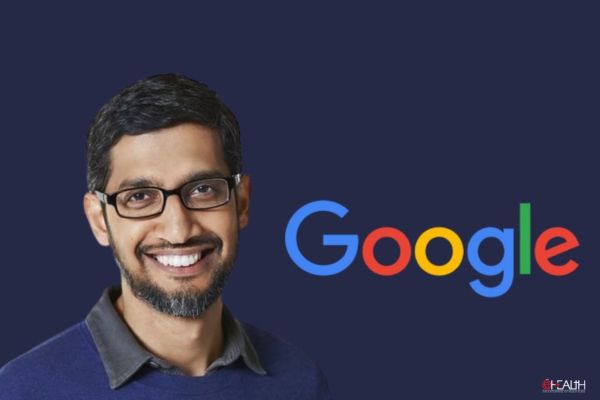
Google AI, (Google Artificial Intelligence) has played a significant role in revolutionising the healthcare industry since its inception. The journey of Google AI in healthcare began around 2014 when Google started exploring applications of artificial intelligence in various fields, including healthcare.
It’s deep learning algorithms and advanced machine learning techniques have been instrumental in improving healthcare outcomes. One of the most notable contributions of Google AI in healthcare is its work in medical imaging analysis. Google developed deep learning models that can analyse medical images such as X-rays, MRIs, and CT scans with high accuracy. These models can detect and classify diseases, such as cancers or other abnormalities, potentially assisting radiologists and doctors in making more accurate diagnoses.

“Healthcare is one of the most crucial fields that AI is set to transform. It enables us to provide expert diagnoses in areas where trained doctors are scarce. AI can also aid in predicting medical events. Today, AI is even making it possible for doctors to receive advanced notice. For instance, Think about if a doctor knows 24-48 hours in advance before a patient is likely to become severely ill, it can have a tremendous impact on finding the cure. Therefore, we deploy our machine learning systems to fulfill this purpose”, said Google’s CEO, Sundar Pichai.
AI-Driven Retinal Scans: A Breakthrough in Cardiovascular Risk Prediction
Approximately five years ago, Google released a research paper that outlined the potential of using artificial intelligence (AI) to forecast the risk of cardiovascular issues based on retinal images. This groundbreaking approach was primarily a research endeavor with no explicit plans for practical implementation. Nevertheless, it represented a significant advancement in the exploration of alternative methods for predicting heart diseases, paving the way for new possibilities for researchers and healthcare professionals. The fundamental concept behind this research is rooted in the fact that the retina, a thin layer located at the back of the eye, contains an abundance of blood vessels. These vessels’ condition can serve as an indicator of an individual’s overall cardiovascular health. By examining various characteristics of these vessels, such as their width and branching patterns, AI algorithms can estimate the probability of an individual developing cardiovascular diseases.

The Future Ahead
The future of health diagnostics is undergoing a transformative shift with the integration of AI technology. This revolutionary approach not only simplifies and expedites assessments for doctors, but it also signifies a paradigm shift towards AI-powered scientific discoveries. By analysing existing medical data, AI algorithms are unlocking new insights and the potential to generate novel medical knowledge without human direction. This technology’s impact extends beyond high-tech medical facilities, as it enables affordable and portable solutions for vision screenings in remote areas, leveraging smartphones and DIY retinal cameras.
As we move towards a future where traditional diagnostic methods may become supplementary, a quick eye scan holds the promise of uncovering hidden health issues and predicting cardiovascular events, revolutionising healthcare and diagnostics. The vision of healthcare is becoming clearer as AI takes center stage, harnessing the power of our eyes to shape a healthier future.
Be a part of Elets Collaborative Initiatives. Join Us for Upcoming Events and explore business opportunities. Like us on Facebook , connect with us on LinkedIn and follow us on Twitter , Instagram.












